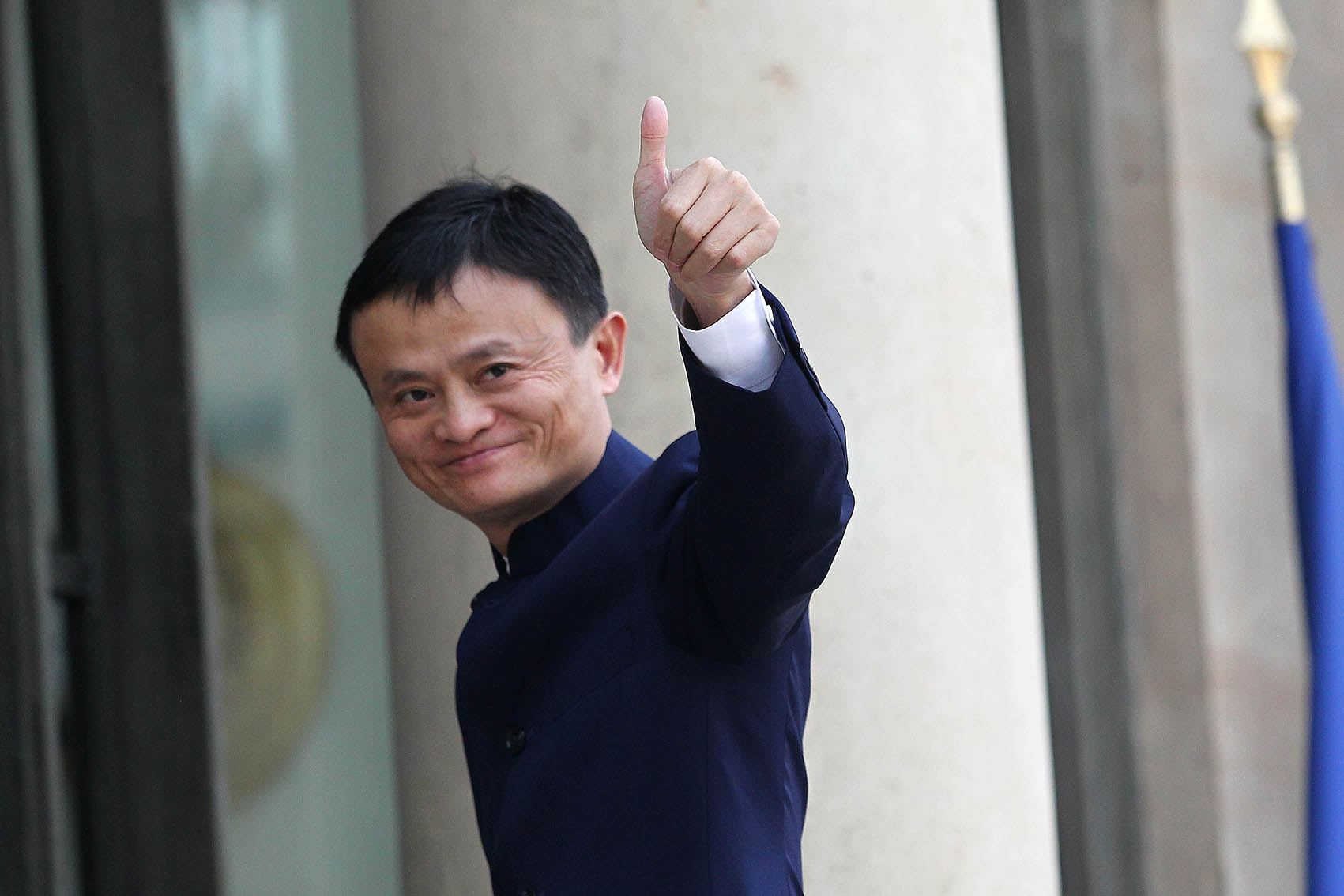
Every year on November 11th, also known as Singles Day in China, the world’s biggest online sales event takes place. Called the 11.11 Global Shopping Festival, this 24-hour e-commerce extravaganza has only been growing in its scope and economic impact since Alibaba first launched the event through its Tmall.com platform in 2009.
Now, as Alibaba prepares for the largest 11.11 yet, with more than 40,000 merchants expected to participate this year, it seems like a good moment to explain why 11.11 has become more than just another online sale to millions of consumers and businesses in China and around the globe.
What is 11.11 and why is it such a big deal?
It’s the biggest online shopping day. Period. Since 2013, the total amount of sales generated on 11.11 has eclipsed the e-commerce sales generated during the three biggest shopping days in the U.S.— Thanksgiving, Black Friday, and Cyber Monday—combined.
Wait—how big is that, exactly?
During last year’s 11.11, GMV (gross merchandise volume, akin to total sales) settled by Alipay, Alibaba’s affiliated e-payments provider, soared to $9.3 billion, which was 60.3%more thanthe 2013 total. Now compare that to the U.S., where, according to research by Adobe, online sales on Thanksgiving Day and Black Friday in 2014 topped just $3.73 billion, with Cyber Monday totaling $2.65 billion.
How many people participate?
The 11.11 festival gets bigger every year. More than27,000 merchants participated in 2014, a rather significant increase over the mere 27 Tmall.com merchants who participated in the inaugural 11.11 event of 2009. This year, 40,000 merchants are expected to sell over 6 million different items through Alibaba’s e-commerce platforms—items that will be snatched up by the e-commerce giant’s customer base of more than 360 million annual active buyers.
Is it only for China?
No. Consumers from 217 countries and regions participated in 2014’s event, joining Chinese buyers to generate some 278 million shipment orders during the 24-hour sale. And this year, 5,000 international brands, representing 25 different countries, will be selling their wares to millions of buyers globally through Alibaba’s sites and apps.
What’s 11.11 like? What do people buy?
Picture people lining up for hours to trample each other at the mall on Black Friday, and then imagine people just as eager but sitting comfortably sipping tea and using smartphones instead. In just the first 3 minutes of the sale last year, total GMV exceeded $157.6 million. Over the course of the remaining 24 hours, shoppers bought more than 1.2 million large home appliances, 3 million lighting products, 200,000 bottles of laundry detergent, and—perhaps surprisingly for an online sale—50,000 new cars.
How do they fulfill so many orders?
Year after year, Alibaba’s comprehensive e-commerce infrastructure—including logistics, online payment, mobile apps, data networks online marketing—has proven capable of scaling to meet massive volume on the day of the sale. During peak periods last year, 80,000 orders were processed per second and 2.85 million payment transactions were processed per minute by Alipay, Alibaba’s affiliated e-payments provider. Meanwhile Cainiao, Alibaba’s logistics affiliate, efficiently delivered 278 million packages generated during the 24-hour sale, which was nearly 10 times the average of 30 million packages generated daily on Alibaba’s China retail marketplaces in 2014. Of course, things are always a bit hectic and complicated for the sellers and logistics workers who have to fulfill the flood of orders. Last year, the number of delivery personnel supporting 11.11 grew to more than 1.25 million (from less than 400,000 in 2009) for the sale, with even more personnel getting ready to make it all run smoothly in 2015.
What’s driving it all?
A fundamental explanation for the 11.11 phenomenon is rising consumer spending by China’s growing middle class. Millions of Chinese have gone from poverty to plenty in less than a generation, and Alibaba’s shopping festival has provided an outlet to satisfy their desire for a better lifestyle. The size of the 11.11 sale reflects not just a Chinese enthusiasm for online shopping but also the size of the country. According to a recent Credit Suisse report, China’s middle class, at 109 million, is now larger than that of the U.S. at 92 million.
As Alibaba’s executive chairman and cofounder Jack Ma recently noted, China’s middle class is by some estimates expected to rise to 500 million in 10 to 15 years. “This will be an opportunity for every nation,” he said—and once a year, the huge size of the opportunity will be driven home during the world’s largest 24-hour online sale.




